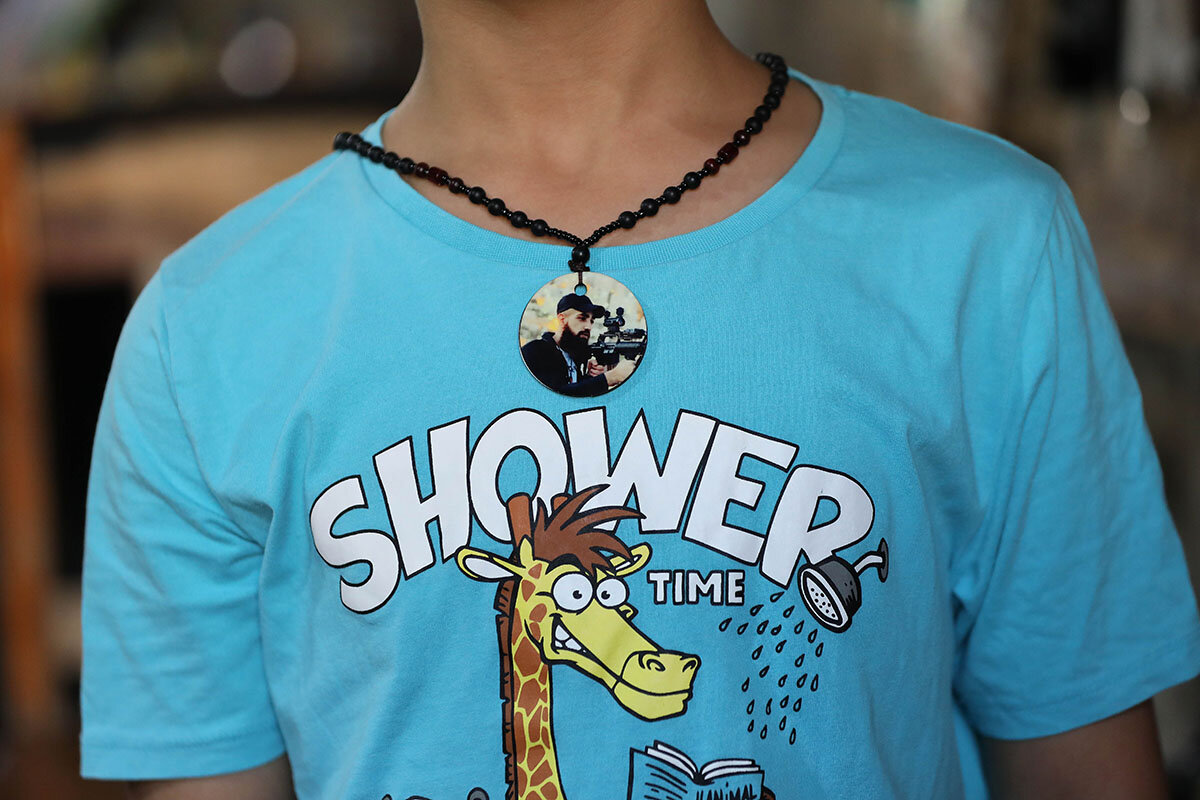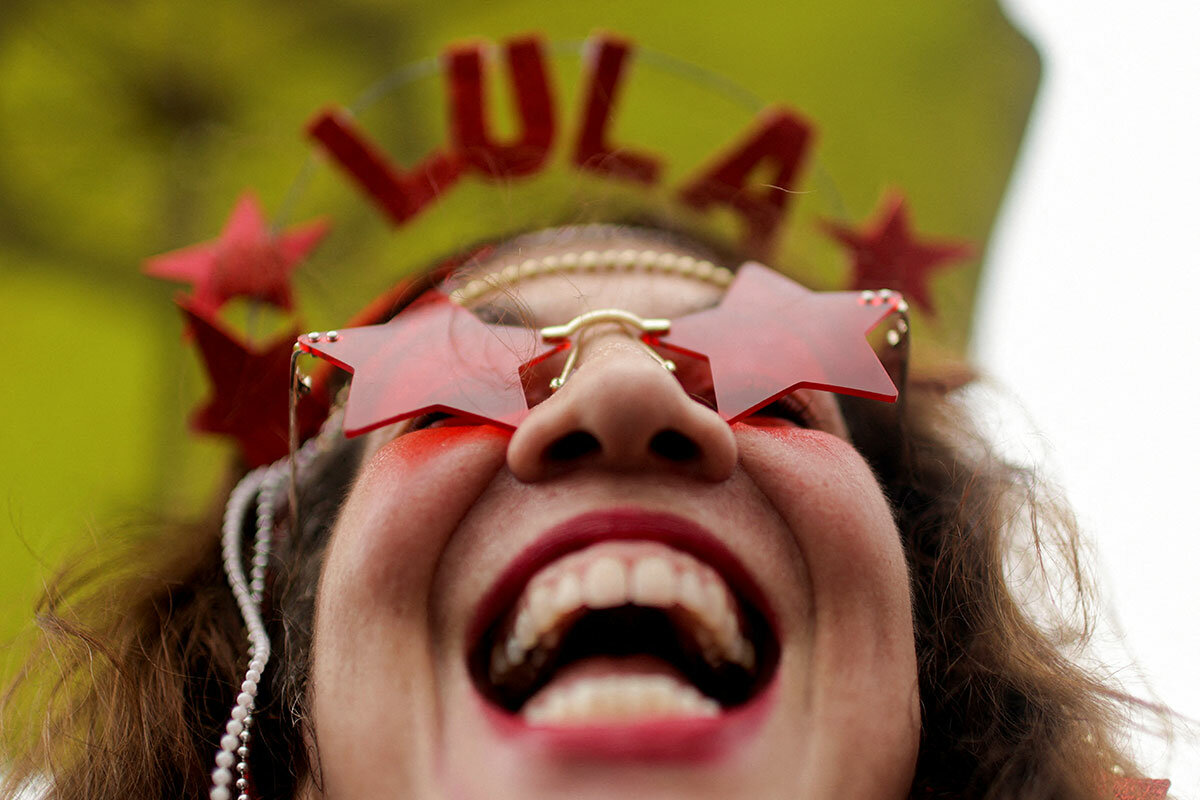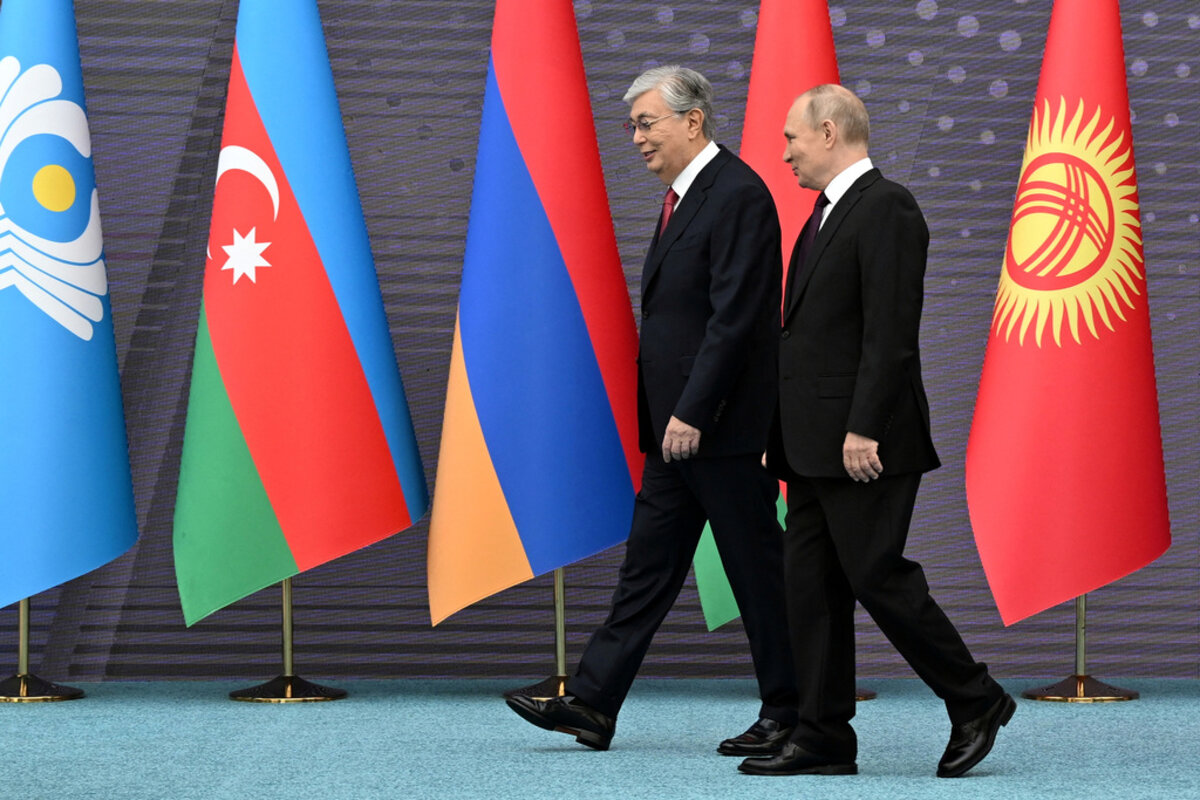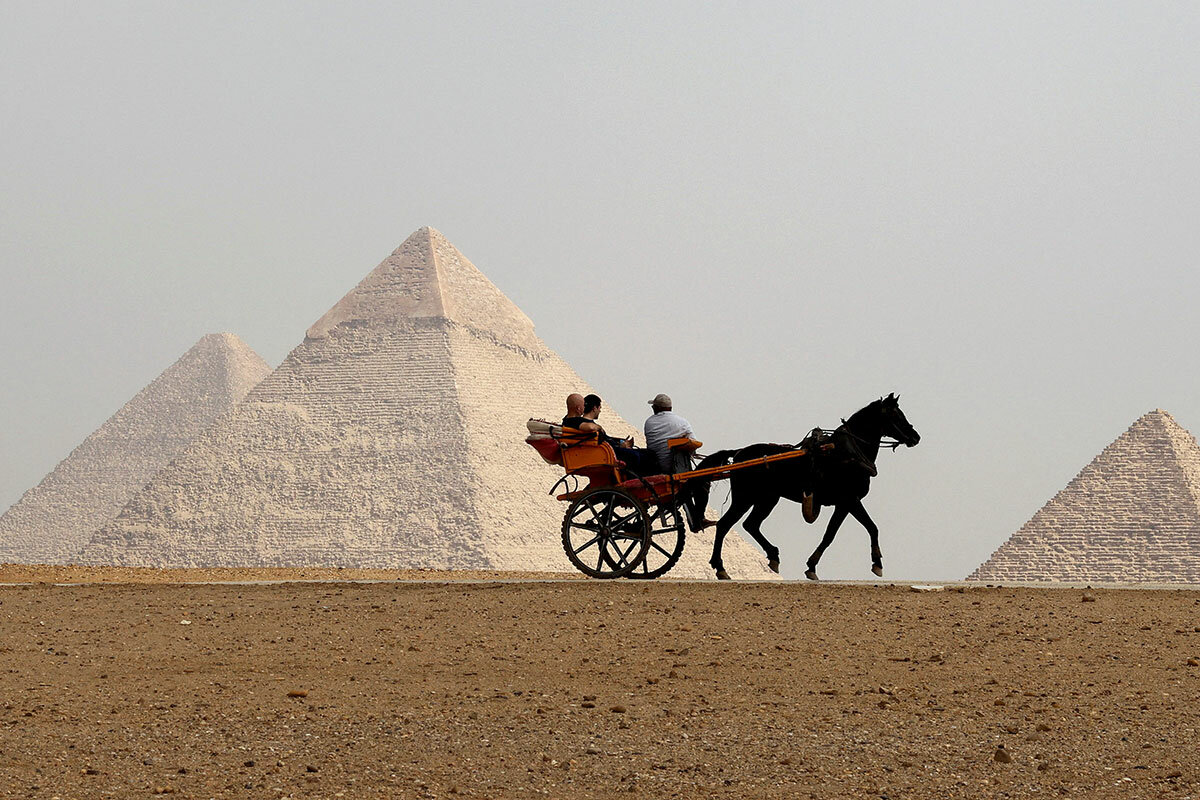A new generation of youth-led and nonpartisan militias is tapping into the frustrations of young Palestinians disillusioned by poor prospects for peace and the economy, cut out of politics, and pressured by Israeli settlers and the military.
Monitor Daily Podcast
- Follow us:
 Kenneth Kaplan
Kenneth Kaplan
Perspective is important. That’s a bedrock principle for Monitor journalists, and one I was just reminded of while vacationing in Spain. More on that shortly.
One reason I love the Monitor is our commitment to covering the world. As an international editor who has tracked the rise and fall of autocrats, crusades for democracy and basic rights, I’ve long believed Americans could best address domestic challenges through the lens of others’ struggles and choices: understanding issues without the burden of partisanship, then applying those lessons to ourselves.
For those fortunate enough, travel, too, is a way of altering one’s perspective, of shaking off our collective insularity.
Most of my recent travel has been virtual and vicarious. I Zoom with reporters in Jordan, Israel, London, and Washington, and track their trips around the Middle East, Afghanistan, Latin America, and Ukraine.
This month, finally, it was my and my wife’s turn to get on a plane. We traveled to Barcelona, then south, ending in Madrid. I could tell you about ancient cathedrals, mosques, and synagogues, paradors and palaces, the olive groves blanketing Andalusia, the shocking power of Picasso’s “Guernica.”
Instead, here’s an observation on … infrastructure.
Spain’s public transportation was eye-poppingly clean, quiet, and modern. We never waited more than 3 minutes for the Metro in either Barcelona or Madrid. Even the bus in Madrid had a video screen with engaging trivia and a clear PA system – something especially mortifying for a Bostonian. Not to mention the still-expanding intercity network of high-speed trains.
On Day 2, my wife asked, “Why not us?”
My stock answers involved political interests and investment in America’s vast interstate highway system. But then we rented a car and discovered Spain’s roads are also excellent.
Since we’ve been home, with U.S. voters focused on the economy, news stories have lamented the costs to businesses of our aging rail networks – and the return of mood-wrecking gridlock. Are we not yearning for a solution that provides collective comfort and utility, let alone pride?
Spain, where GDP per capita is a bit less than half that of the U.S., showcases a world-class example.












